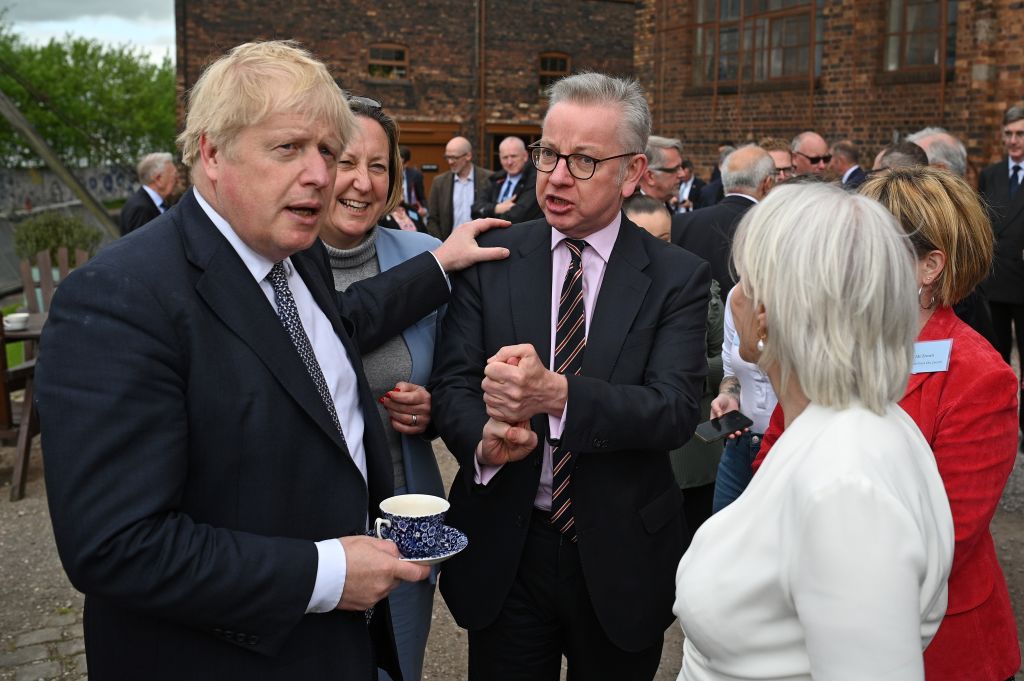
As Boris Johnson’s government drains away, the people left trying to keep the country running in local government are wondering: is this the end of the road for levelling up? Even with the rapid deployment of Greg Clark to his new departmental brief, and even though the Prime Minister has yet to actually resign from the post, it’s difficult to envisage a road back to what was once Johnson’s rallying cry to voters in the Red Wall seats.
Whatever the next leader of the Conservative Party’s view on levelling up, no government will be able to ignore the deep inequality of the UK’s regional geography, laid bare during the pandemic. To do so would not only undermine the promises made to voters at the last election but also make the business of economic recovery ahead of a general election in 2024 all the more difficult.
Even before the government went into meltdown, the levelling-up project was already looking vulnerable. Despite an almost florid white paper, published in February, and £11bn of funding, Johnson’s government never managed to develop a credible strategy to deliver what was simply an electoral campaign slogan. They couldn’t even get the basics right. The portal for the Levelling Up Fund was supposed to open on 31 May but is still not able to accept applications. Right now, you get the feeling that levelling up may never open for business.
The white paper, while comprehensive, lacked focus, was light on delivery and failed to cut through in terms of purposeful intent – particularly to those new MPs in the north and the Midlands who gave Johnson’s party its majority in 2019.
And then there was the report from the public accounts committee (PAC). Damning in its criticism of the government’s approach to levelling up to date, the PAC cited a lack of clarity about objectives, an absence of transparency, and argued that the government was at risk of repeating the mistakes of the past – not only squandering their mandate to address the UK’s deep inequalities but, in doing so, holding communities and the entire country to ransom. While a future leader may argue that Johnson leaving will enable lessons to be learned, it’s clear from the PAC’s report that the deficiencies of the government’s approach to date will require structural reform that goes far beyond Greg Clark’s temporary new office.
[ See also: Boris Johnson resigns as Tory leader – what happens now? ]
The government had attempted to lend legitimacy to the levelling-up programme by renaming an entire department in its honour and rebranding existing funding pots as “levelling-up money”. But the objective to address regional inequality should not just be the business of one department; instead, it should influence the work of every minister in government. Fatally, the Treasury was never on board with the levelling-up project and may now attempt to appeal to Red Wall MPs by relying on a classic Conservative playbook of tax cuts and deregulation.
This approach will do little and certainly achieve nothing to address the real suffering and pain that families and communities are experiencing every day. It won’t help the businesses that are struggling to recruit new staff and it will not deal with the decades of underinvestment and austerity that have left local governments struggling to deliver support, such as social care and children’s services, to its most vulnerable citizens.
As the PAC pointed out, too much combined and local government energy and time has already been expended on bidding for funding that arguably should simply have been devolved to them in the first place. Even now, there are proposals for a Britain’s Got Talent-style public vote on the future location for the Great British Railways HQ. This reliance on local leaders to come cap in hand to Westminster makes a mockery of our democratic system and reduces the lived experience of poverty and inequality to nothing but a shallow beauty contest.
All of that said, the political vacuum left by levelling up is also a space for a future Conservative prime minister – or indeed a future Labour prime minister – to fill. We know that, even while levelling up is on life support, the debate on regional and interregional inequality is an everyday reality for communities that are not only left behind but have been actively kept behind by years of underinvestment. And we’re not just talking about the north and the Midlands but also about cities like London, where – despite vast amounts of wealth and privilege – more than a third of the city’s children are growing up in poverty.
Any future attempt to level up must engage with the reality that this country has vast quantities of wealth but very little of it works hard for the people who need it most. The job of government must be to get that wealth flowing into communities through decent jobs, good housing and greater diversity of ownership. The time has come to argue for an economy that values good lives over GDP, an economy that views public services not as a drain on resources, but as the foundations of a better future for everyone.
[ See also: Who will replace Boris Johnson as Conservative leader? ]



